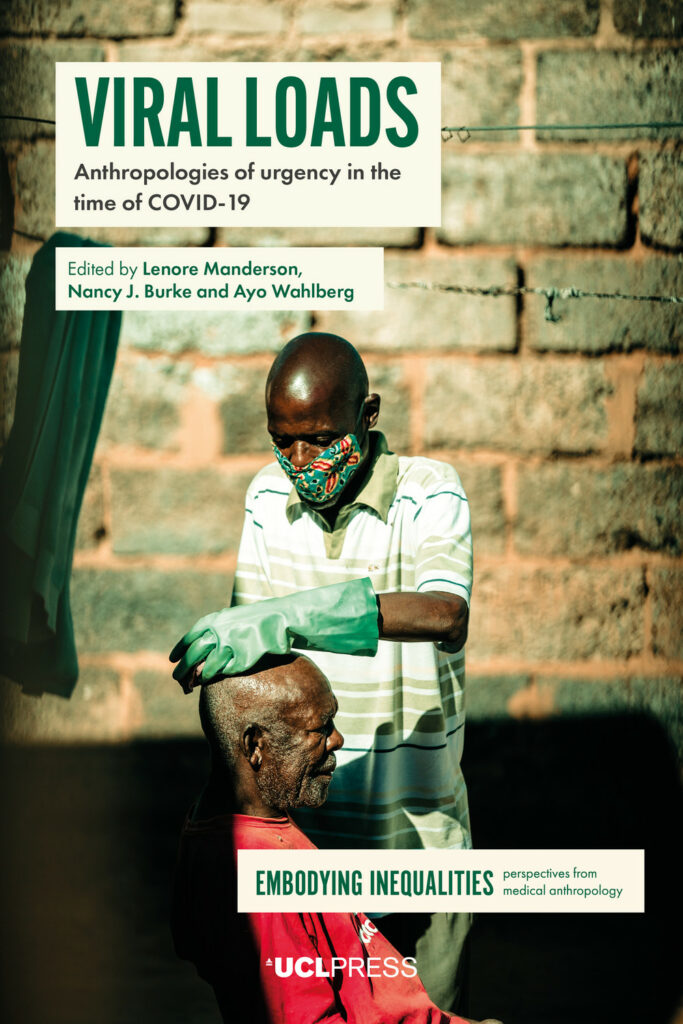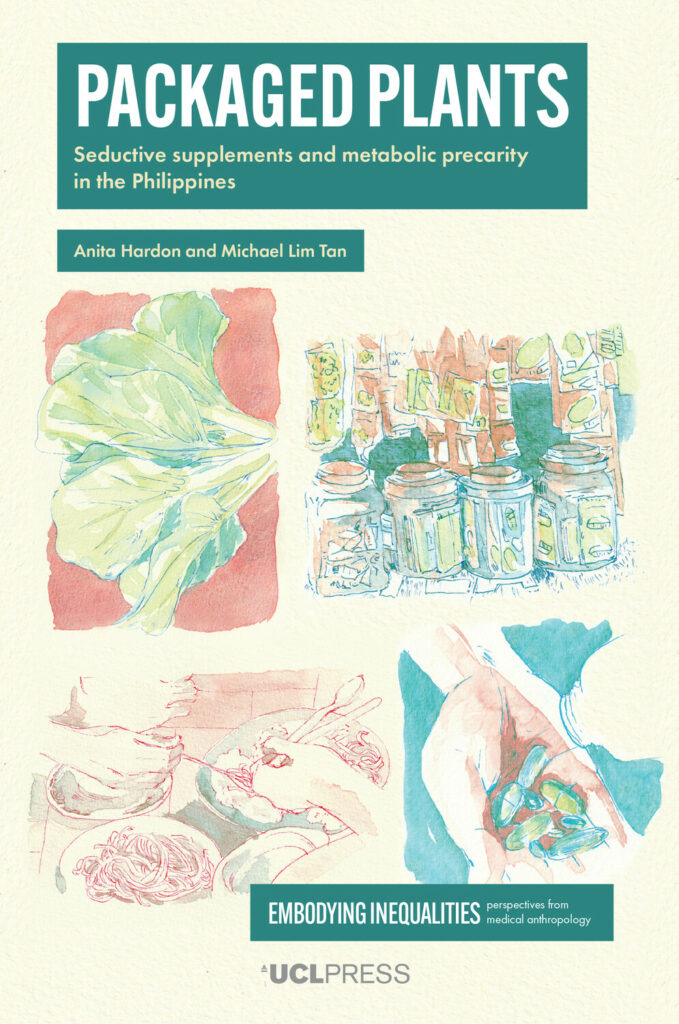
Drawing upon the empirical scholarship and research expertise of contributors from all settled continents and from diverse life settings and economies, Viral Loads illustrates how the COVID-19 pandemic, and responses to it, lay bare and load onto people’s lived realities in countries around the world.
A crosscutting theme pertains to how social unevenness and gross economic disparities are shaping global and local responses to the pandemic, and illustrate the effects of both the virus and efforts to contain it in ways that amplify these inequalities. At the same time, the contributions highlight the nature of contemporary social life, including virtual communication, the nature of communities, neoliberalism and contemporary political economies, and the shifting nature of nation states and the role of government. Over half of the world’s population has been affected by restrictions of movement, with physical distancing requirements and self-isolation recommendations impacting profoundly on everyday life but also on the economy, resulting also, in turn, with dramatic shifts in the economy and in mass unemployment.
By reflecting on how the pandemic has interrupted daily lives, state infrastructures and healthcare systems, the contributing authors in this volume mobilise anthropological theories and concepts to locate the pandemic in a highly connected and exceedingly unequal world. The book is ambitious in its scope – spanning the entire globe – and daring in its insistence that medical anthropology must be a part of the growing calls to build a new world.
Praise for Viral Loads
‘A significant contribution by medical anthropology to the understanding of a global health crisis as it unfolded in front of observers’ eyes.’
Journal of the Royal Anthropological Institute
‘This collection of essays on the anthropology of an emergency is a captivating account of “the first digital pandemic”’
Medical Anthropology Quarterly
‘The scope of Viral Loads is admirable and informative…abounding in rich ethnographic insights, extended discussion of methodology is limited throughout. A significant strength of Viral Loads is that its authors, affiliated with institutions on 5 continents, draw their analyses from various parts of the global north and global south: a truly international effort… memorable chapters include Elisa J. Sobo and Elżbieta Drążkiewicz’s theorectically rich discussion of conspiracy theories in Ireland, Poland, and the United States of America … Marsland’s expansive and compelling chapter and Lasco’s vision of interdisciplinary and interspecies ‘convivium’ demonstrates that thick description can bring anthropologists into engagement with many others.’
The Polyphony
‘Viral Loads demonstrates anthropology’s power of description, analysis and theory to capture a global tragedy as it unfolds. This impressive volume brings together anthropologists from around the world, who draw on their own deep knowledge to trace COVID’s impact on social, economic and political life. The authors offer compassionate accounts of the power of the virus to exploit and magnify social and structural vulnerabilities, while they present impassioned arguments of the imperative to address underlying inequalities, local and global, that continue to threaten our very existence.’
Melissa Parker, London School of Hygiene and Tropical Medicine
‘This impressive collection of well researched and preciously substantiated essays shows that evidence-based scholarship has not gone to sleep despite the Covid-19 menace and its imposition of physical and social distancing. If anything, the pandemic has introduced an urgency to social enquiry informed by improvisation and complementarity between virtual and face-to-face encounters.’
Francis B. Nyamnjoh, University of Cape Town
‘In Viral Loads, the editors and contributors offer a penetrating analysis of how, worldwide, the COVID pandemic has exposed and exploited the racially, socioeconomically and globally uneven ways in which people live; it demands, in response, that we extend our rationales emergent from anthropological and interdisciplinary architectures. This broad and intensive work is as much a book of the academy as it is of the heart, with enormously important ramifications for humankind in the present and for the future. As the authors sort through the global mess our species has managed to create, they argue the urgency to address underlying social, political, and ecological dimension of inequality, acute stratifications, economic disjunctions, forced human migrations, and political lethargy; without this, we are doomed to face many more rounds of equivalent pandemic disasters. From the Amazon to the Sonoran Desert, and from Pretoria to Mumbai, the narrative is excruciatingly tragic yet ironically hopeful. All are immensely tired of seeing death visiting unequally, but none have permitted their exhaustion to diminish their commitment to enhance the lives of the communities and people whom they champion and to speak to power. This is a magnificent work of action and reflection that must be read carefully and with care. To not do so is to ensure the present as the continuing model for the future.’
Carlos G. Vélez-Ibáñez, Arizona State University
